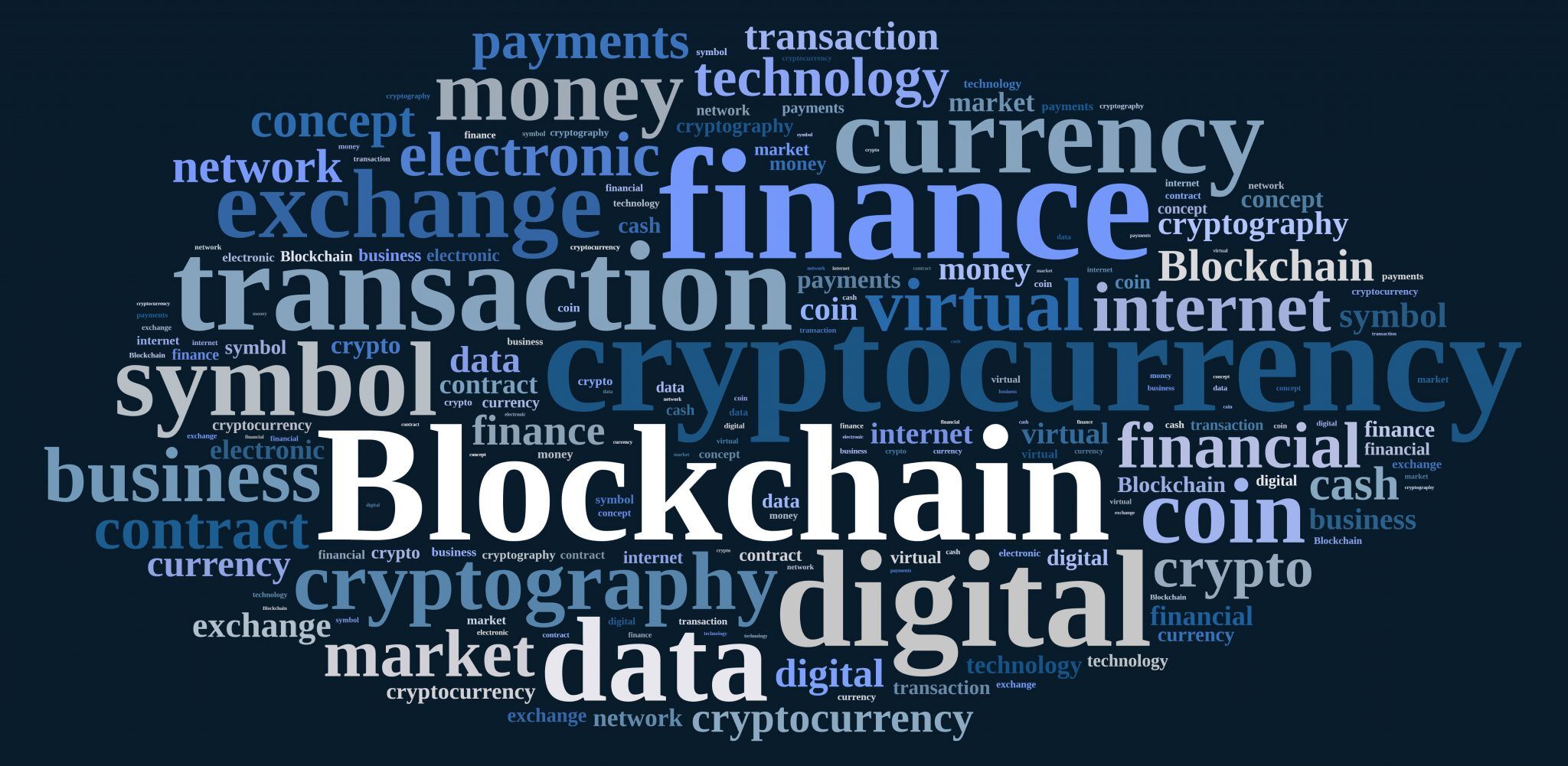By now you may have heard of Blockchain, a disruptive force that promises to revolutionise everything from the banking system to the legal domain. This begs the question: what exactly is Blockchain?
Blockchain first emerged as the technology underlying Bitcoin, a new form of currency for the digital age and a reaction to the faltering banking system in the wake of the 2008 Global Financial Crisis. Bitcoin sought to replace the money in our wallets with a modern take on currency, promising to be more secure, faster, and perhaps most crucially, not reliant on central authorities such as banks.
Blockchain allows for “cryptocurrencies” like Bitcoin or any digital token of value to be transferred between unrelated parties in an environment of trust and security. The Blockchain itself is like a ledger, recording all of the transactions that occur on the network. Unlike our current systems for managing data, the ledger is not stored on a single server and maintained by a central authority. Instead, a copy of the Blockchain ledger is stored across many computers, often from all around the globe. These computers carry out complex tasks to secure the network and ensure that nobody can alter the ledger’s contents. The benefit of this system is that it’s public and transparent for all to see, but it’s also much harder to hack because the data is stored on thousands of computers instead of a single, central point of weakness.
Many believe that Blockchains could have an enormous impact on industries that rely on middlemen or require a central institution for storing and managing information. To see how this system might influence the legal domain, stay tuned for the next instalment on Blockchain and Smart Contracts coming soon.
